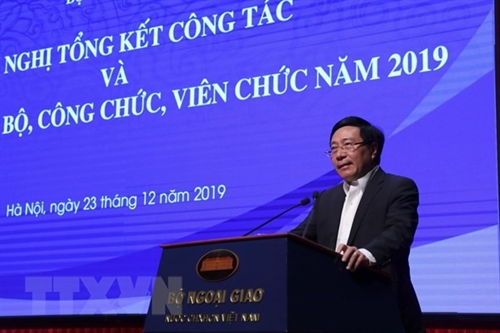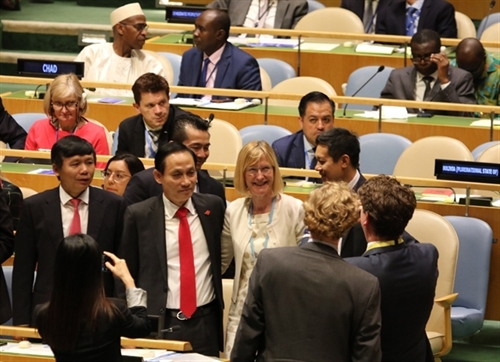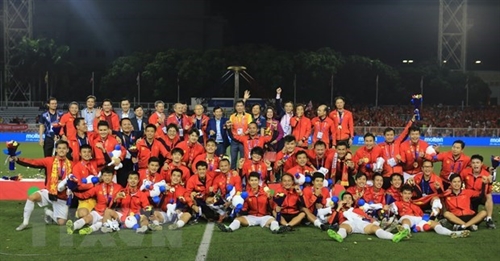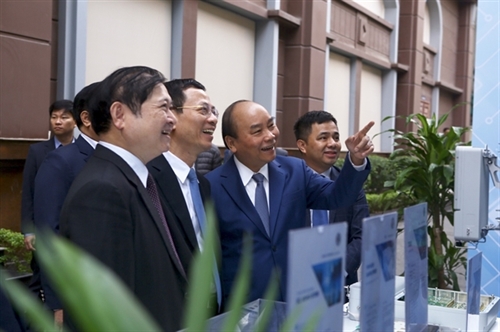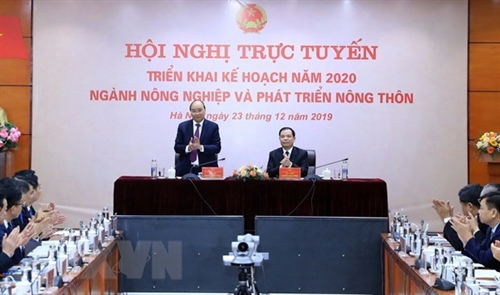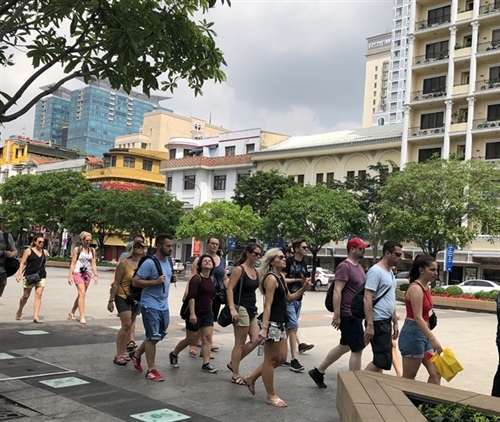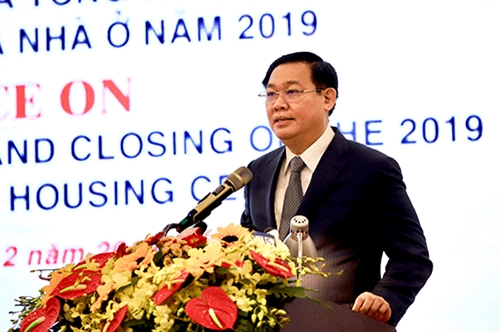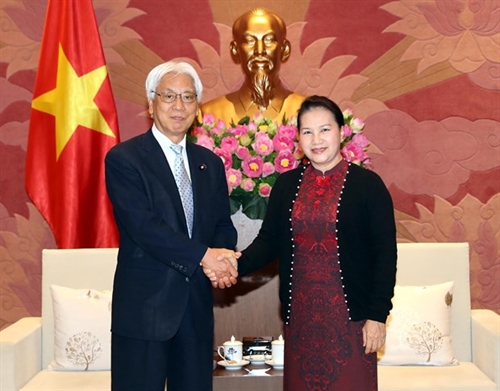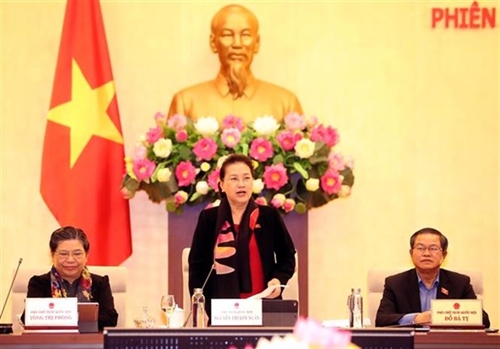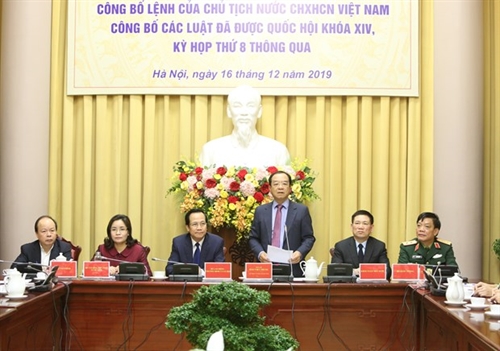In an interview with the Vietnam News Agency in New York, United Nations Deputy Secretary-General in charge of peace activities, Jean-Pierre Lacroix, applauded Vietnam’s contributions in efforts to preserve security and peace.
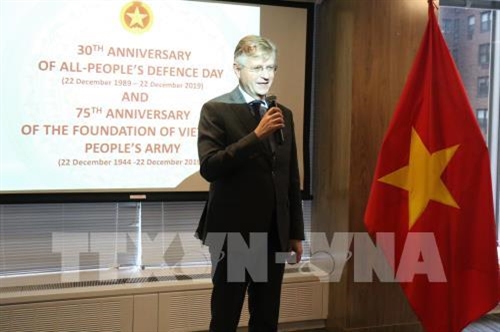 |
| Under-Secretary-General for Peacekeeping Operations, Jean-Pierre Lacroix__Photo: VNA |
Vietnam has been a member of the UN for 42 years. What is your opinion on Vietnam’s contributions to peace and security at the UN, especially after Vietnam joined peacekeeping operations (PKO) in 2014?
Vietnam is a strong supporter of the UN in general, and especially when it comes to UN peacekeeping.
We also received very strong support and encouragement from Vietnam in two ways. First of all, Vietnam has been supporting peacekeeping initiatives.
Second, Vietnam has also engaged with troops on the ground in Mali and now in South Sudan. We very much appreciate these efforts, because we really need that kind of engagement from our member states.
One of Vietnam’s priorities during its term as a non-permanent member of the United Nations Security Council in 2020 is to contribute more to PKO. What do you suggest Vietnam do to deliver the best service possible?
The UN Security Council is the UN body whose main function is to ensure security and peace for the world, so Vietnam’s role as a selected non-permanent member of the Security Council in the next term is important because it will have a crucial role in carrying out this mandate.
We also need the Security Council to support us to improve peacekeeping activities, especially the Action for Peacekeeping initiative which started in March 2018. Since then there have been regular debates, discussions and events to talk about issues relating to peacekeeping operations. The Security Council also hears regular reports from force commanders about their activities. So, there’s a lot we expect from the UNSC. I am sure that Vietnam will be a very active member in this very important organization.
In regards to PKO, what do you see as new challenges facing the Security Council in the future?
I think the biggest challenge for us now is that most peacekeeping operations take place in very difficult environments. The situations can be dangerous.
Our peacekeepers and UN staff have become targets for armed forces and hostile actors, so we have to deal with them to improve security and ensure the safety of UN soldiers and officials.
The second challenge is that while peacekeeping operations are the tool to support the progress of political solutions, peacekeeping alone is not enough. We do not achieve political goals without the support of the parties themselves. And we need the strong support and involvement of the Security Council to push for political solutions. We need a united and determined Security Council willing to support political solutions and encourage the parties to make their best efforts.
Five permanent members of the Security Council are often divided on global politics, including on PKO. How do you think non-permanent members of the Security Council can play a role in finding solutions for these challenges?
It is true that we have a UN Security Council that is less united than we would want it to be, but I think UN peacekeeping operations still benefit from a relatively high degree of support from the member states.
The founding document for international peacekeeping activities has been signed by 152 signatories, including Vietnam and the five permanent members of the Security Council.
I think one of the important roles for non-permanent members, such as Vietnam, is as a bridge builder, helping forge consensus and smooth divisions that exist among Security Council members.
I think this is a very important contribution that any elected Security Council member can bring to the body.- (VNS/VLLF)
